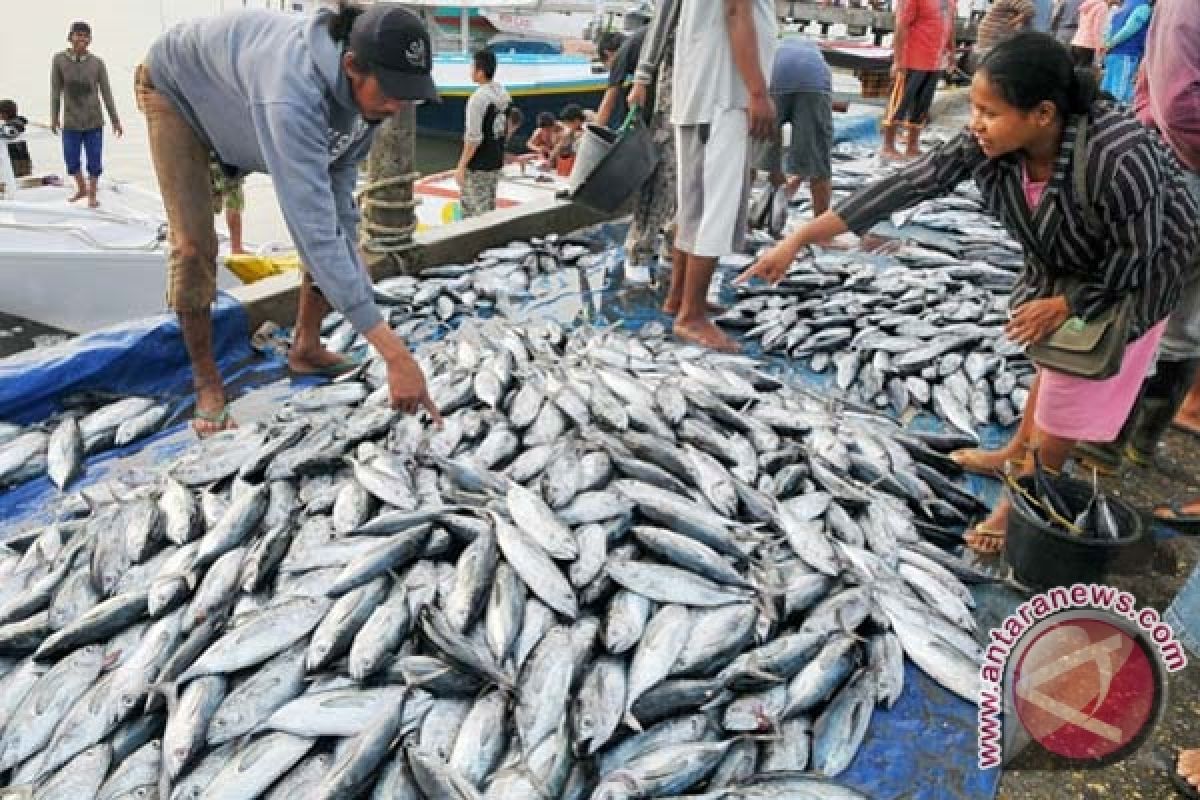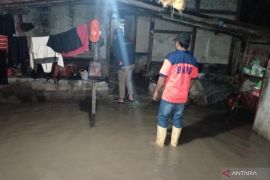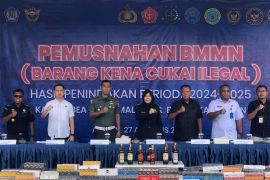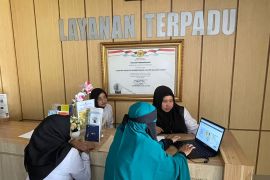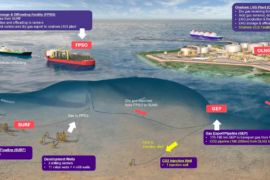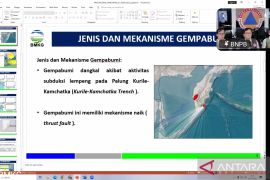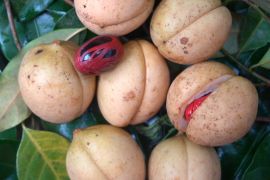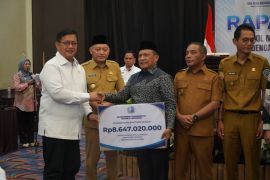The government has declared Maluku as national fish barn because the area has a big fishery potential of 1.64 million tons per year for the prosperity of the province and the nation.
Maluku has 600,000 sq km of sea with extensive marine resources for the local people`s prosperity, and to support economic growth.
No wonder President Susilo Bambang Yudhoyono at the apex of Sail Banda marine event in Ambon in August last year declared the province as the country`s fish barn for the abundant fishes in its waters.
Interestingly, Ambon Mayor Jopi Papilaja said in Ambon early this week that a South Korean company, Japtora, would help manage the Eri fish landing port in the city to support tuna export to the United States.
Papilaja said he had made a coordination with local marine and fisheries office chief Pieter Saimima after the South Korean company offered a number of facility improvements to support the tuna export activity.
According to him, the first stage of tuna export to the United States would be made through Makassar city in South Sulawesi, and Jakarta.
"I let the company to propose the design of optimizing the use of Eri fish port to support the export activity," Papilaja said.
He was of the opinion that Japtora would be able to make a strategic breakthrough to the US market with tuna export from Maluku province.
"The management of Eri fish landing port will absorb manpower, improve the fisherman`s welfare, and reduce unemployment in Ambon city," Papilaja said, adding that the local fishermen would be empowered intensively and facilitated with fishing equipment to increase their catch for the export activity.
"Marine and Fisheries Ministry`s director general of aquaculture processing and marketing Victor Nikijuluw inspected the Eri fish port recently and said he was ready to optimize the facility to support the export," Papilaja said.
Earlier, Victor Nikijuluw said in Jakarta some time ago that Indonesia also exported tuna to Japan but it dropped by about 50 percent in the aftermath of the massive earthquake and tsunami which devastated the eastern coast of Japan on March 11, 2011.
"Our (tuna) exports to Japan dropped by around 50 percent," Victor said, adding that Indonesia usually exported 300 tons of tuna per week to Tokyo, but after the tsunami disaster the export volume was just 150 tons.
However, the export of tuna, an important commercial fish, to Nagoya and Osaka run normally because the two regions were not affected by the tsunami.
Japan is the biggest tuna consuming nation and is also the leader in tuna farming research.
The country first successfully farm-hatched and raised bluefin tuna in 1979 and in 2002 it succeeded in completing the reproduction cycle, then in 2007 completed a third generation.
Earlier the ministry`s secretary general, Gellwyn Jusuf, had said that the Japan earthquake and subsequent tsunami had affected Indonesia`s fishery products exports to Japan, especially tuna and shrimp.
The shrimp exports to Japan in the future might reach only one third of the usual shrimp export volume, Gellwyn said in March and added that Indonesia would look for alternative countries of destination such as the United States and China, and the European Union as their demands for shrimp have increased.
In an effort to increase tuna export to the European Union, the Maritime Affairs and Fisheries Ministry has urged the EU to lift a regulation requiring Indonesian tuna to undergo expensive heavy-metal tests before being exported to the region.
Saut Hutagalung, the ministry`s director of foreign trade, said Indonesian tuna has been proven to be free of heavy metal over the past two years.
He made the statement when with members of a trade delegation went to Brussels in February last year to negotiate the matter with the EU.
There he expressed hope that the European Union would lift that requirement for most of its member countries had agreed to lift the heavy metal test obligation for Indonesian tuna.
A safety ruling issued by the EU in 2006 required farmed and ocean fish imported from Indonesia to be tested for antibiotics and heavy metals.
Hutagalung said at the time that if all EU members agreed to lift the testing requirement for ocean fish products, it would help ease the cost burden suffered by Indonesian exporters who had to pay a test fee of $1,000 per shipment as well as other costs associated with the testing process.
Eddy Yuwono, chairman of the Indonesia Tuna Association (Astuin), welcomed the ministry`s attempt to renegotiate the testing requirement.
According to him, tuna is one of Indonesia`s most lucrative fishery exports contributing US$360 million to the the country`s annual export revenue.
(T.O001/H-NG)
Reporter: by Otniel Tamindael
Editor: Priyambodo RH
Copyright © ANTARA 2011
